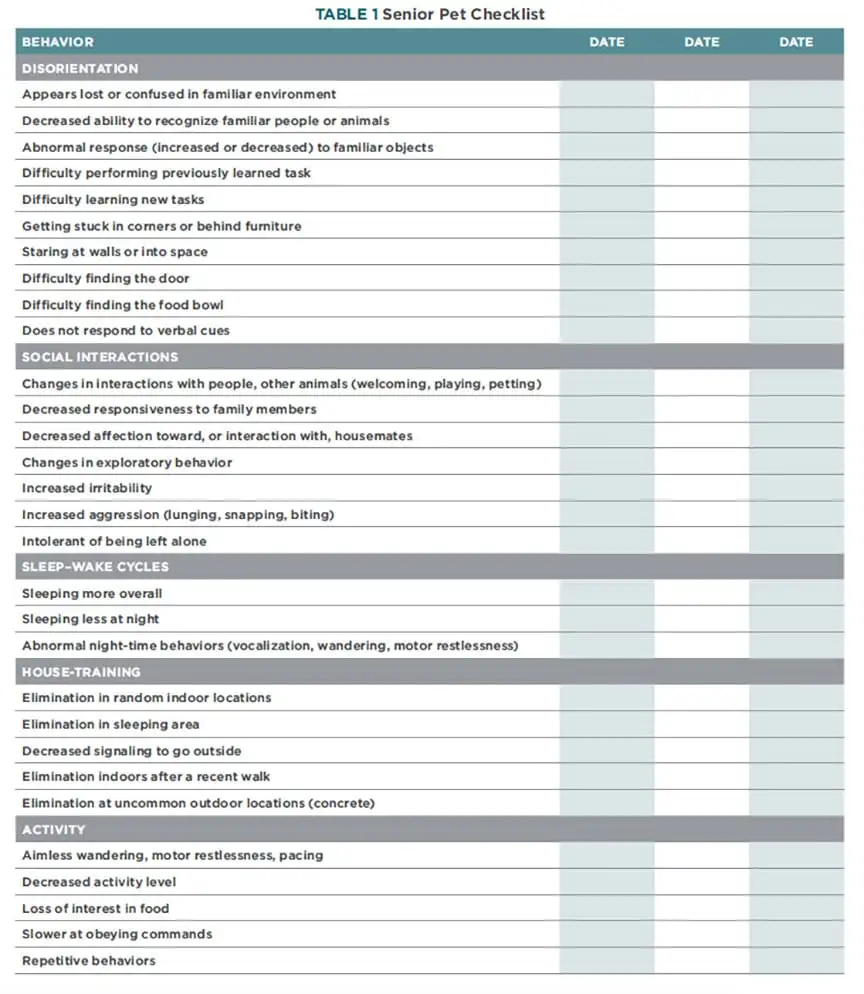By Dersim Avdar

I’m a millennial, and as such I am responsible for killing office culture, home ownership and (apparently) canned tuna. I’m also overdue in fulfilling my biological obligations and – to my grandmother’s great distress – my wife and I decided to adopt a puppy instead of giving her grandchildren. And we’re not alone in this.
Our generation’s priorities have shifted and one move is welcoming animals as full members into our families; deeply caring for what we often call our fur babies. This love comes with a drawback – intensifying our desire to solve two serious dog-related issues.
The first issue is very practical: most of us work full-time and it’s hard, if not impossible to entertain and stimulate our dogs while we’re away, sometimes for long hours. We all have or know a dog who destroyed furniture or objects while home alone. Not to mention the heart-wrenching look of despair they give us when we’re about to leave.
The second one affects all dogs, but is more pronounced in senior dogs: dementia. Its scientific name is Canine Cognitive Dysfunction and it robs healthy years from our dogs, making their lives shorter and ours miserable.
Symptoms of CCD include confusion, anxiety, excessive licking, slowness to learn new tasks, changes in sleep patterns, decreased affection towards loved faces, abnormal barking and incontinence, among others.
Why should you care?
Because it will probably happen to your dog.
According to Cornell University, it may be as prevalent as 35 percent in dogs over eight years of age, and the probability goes up as they age 1 . The real number may be even higher because its symptoms may simply be overlooked as normal signs of ageing 2 . This is not ok. These dogs suffer and often end up being put down when they start soiling themselves at home.

So now what? The good news is – although there is no cure – we can adopt proactive measures from the earliest age to minimise risks of CCD and in turn giving them additional years of high-quality life with us.
As with humans who get Alzheimer’s disease, studies indicate that the best thing to do for your dog is provide a healthy lifestyle: good food, regular exercise and mental stimulation. And to quit alcohol and smoking, but that’s less of an issue for dogs. Check here 4 , here 5 and here 6 if you want to dive deeper into the science behind my thoughts.
The pet food industry has adapted to new consumer demands and now offers fresher, healthier ingredients, so the food side is covered. On the exercise front, taking your dog for longer walks, jogs, hikes and playing regularly are all highly recommended – and supported by multiple companies offering dog fitness trackers.
But what about mental stimulation?
Well, lack of mental stimulation is a clear problem for most busy dog owners. What we do today is turn on the TV, give them stuffed toys filled with treats or buy dog puzzles. None of these are healthy long-term solutions, and once that novelty wears off separation anxiety kicks in again.
We care for Kawet and want him to live a long, healthy and happy life. We also want him to be busy and properly stimulated when we can’t be there with him. These are the two main reasons why we decided to start Joipaw. A third reason is we’re millennials and grew up loving video games and thought, “Hey, can dogs play video games?”
If you read the studies I linked above, you know the answer is “Yes!” and this stimulation could help delay the onset of canine dementia – not only that, but dogs keep playing by themselves even after researchers leave them alone with the game console.
So what does Joipaw do?

Our company offers a holistic approach to preventative dog health care. We combine both cognitive and physical stimulation in the form of a dog-tailored console, a wearable and a software platform which allows you to track your dog’s health indicators. Joipaw alerts you early if any abnormal behaviour is detected, and our goal is to share this data with your vet to enable better diagnostics before potential complications.
Our approach is based on years of experience in both software and hardware mixed with decades of research on dog cognition and animal-computer interaction.
Your dog can play stimulating video games tailored to their needs, and you can see how well it’s doing – maybe even compete with your neighbour’s dog.
We’ve been testing with multiple dogs and we’re always looking for new testers who would like to provide feedback on the current version of Joipaw. If you’re interested and want your dog to appear on videos of smart dogs playing video games, write us here, join the discussion on social media and tell us more about you and your dog(s)!